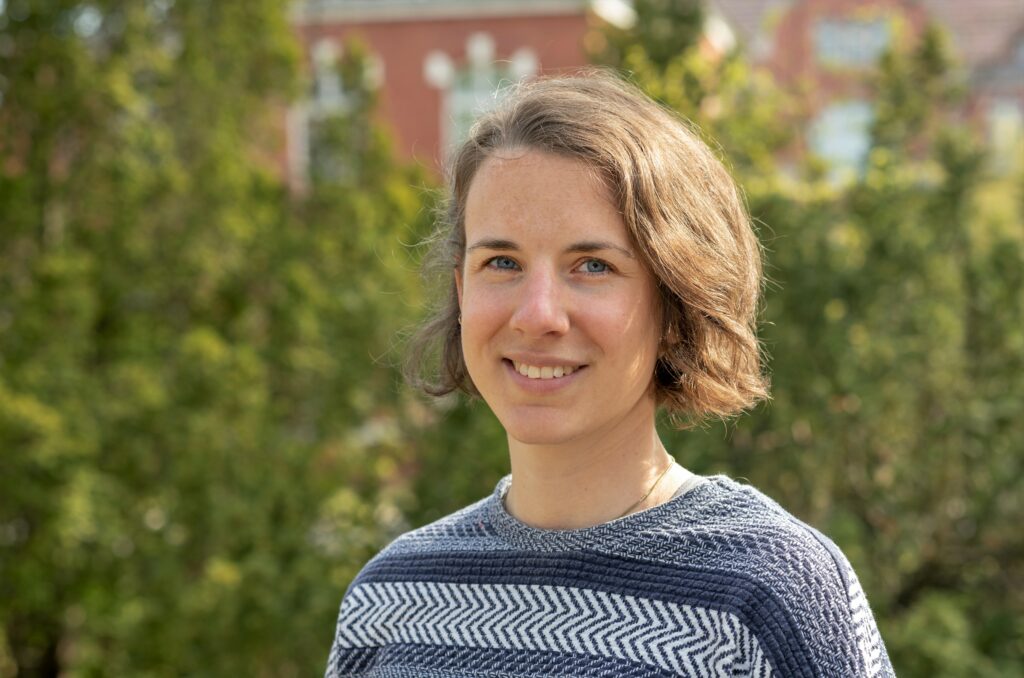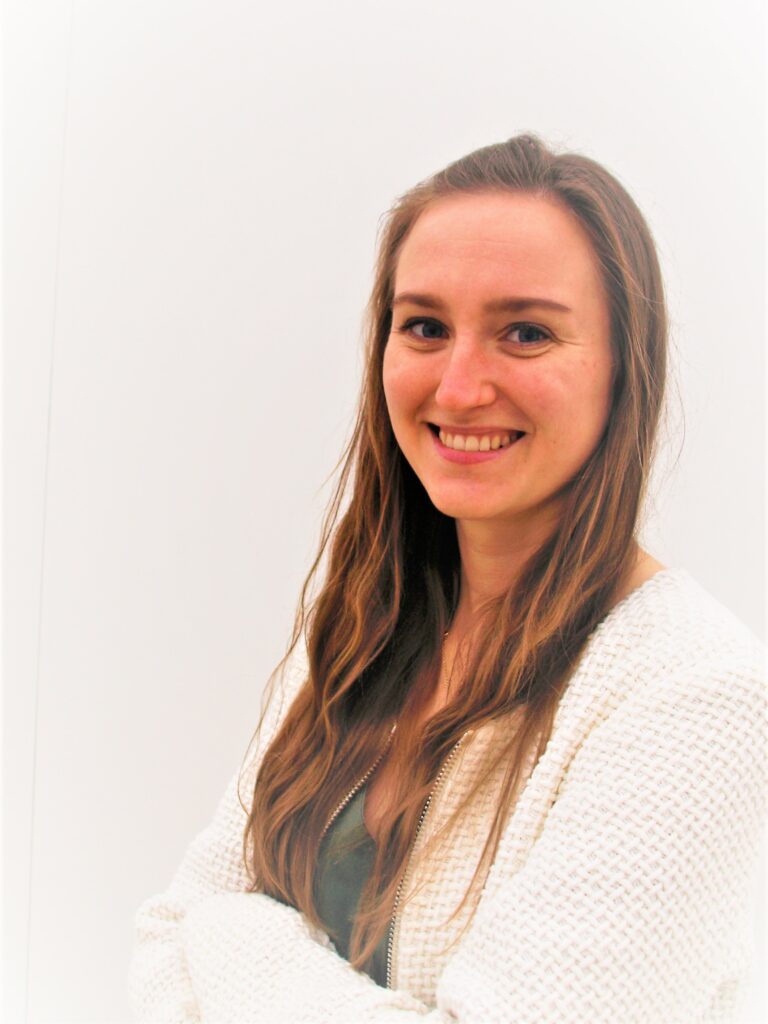Climate Week
“The best teachers are those who tell you where to look, but don’t tell you what to see.”
(Alexandra K. Trenfor)
The mAc format “Climate Week” enables participating students to engage with topics related to climate change and sustainability in an authentic setting (Keller et al. 2019, Körfgen et al. 2017). Authentic settings in nature, for example in the alpine mountains exploring a glacier, offer students the valuable opportunity of inquiry-discovery learning (Scholkman 2016). The mAc Climate Weeks were developed along the lines of the Alpine Researcher Weeks, which were developed by the Education and Communication for Sustainable Development working group of the Institute of Geography at the University of Innsbruck and have been carried out since the 2012/13 school year.
Details and procedure
The participants develop their own research questions in different stations and try to answer them with their own capabilities and methods. In this process, they are accompanied by experts of various fields in the sense of transdisciplinarity (Scholz and Steiner 2015).
The focus of the climate week as well as the location can be chosen individually by the schools. The following umbrella topics and locations are available for selection:
- Climate change in the alpine mountains (Obergurgl, Pasterze): at least 1st grade (number of participants individually) to maximum individually, depending on the accommodation option
- Water use and heat stress in the arid regions of Eastern Austria (Lake Neusiedl and Vienna): at least 1st class (number of participants individually) up to a maximum of 60 students.
- Urban area (locations will be determined in coordination with the schools)
—
The following graphic shows an exemplary execution of a climate week:
Graphik fehlt
According to the quote above, the locations selected by the mAc team for the climate weeks offer diverse learning sites to engage with various aspects. Thereby, an understanding of the chosen topics as well as the systemic interrelationships that are an important element of education for sustainable development, is fostered (Rieckmann 2017).

For more information about the Climate Weeks in the alpine mountains, please contact Irina Heitmann from UIBK (University of Innsbruck)!

For more information about the Climate Weeks at the Neusiedler See, please contact Lisa Waldschütz from BOKU (University of Natural Resources and Life Sciences)
Literature:
Keller, L. et al. (2019): Changing Climate Change Education. Exploring moderate constructivist and transdisciplinary approaches through the research-education collaboration k.i.d.Z.21. GAIA 28 (1), pp. 35-43.
Körfgen, A. et al. (2017): (Climate) Change in young people’s minds – From categories towards interconnections between the anthroposphere and natural sphere. Science of the Total Environment 580, pp. 178-187.
Rieckmann, M. (2017): Education for Sustainable Development Goals: learning objectives. UNESCO.
Scholkman, A. (2016): Research-discovery learning (re)discovery of a didactic principle. In: Neues Handbuch Hochschullehre, DUZ Verlags- und Medienhaus GmbH.
Scholz, R. W.; Steiner, G. (2015): The real type and ideal type of transdisciplinary processes: part I-theoretical foundations. In: Sustain Sci 10 (4), pp. 527-544.
